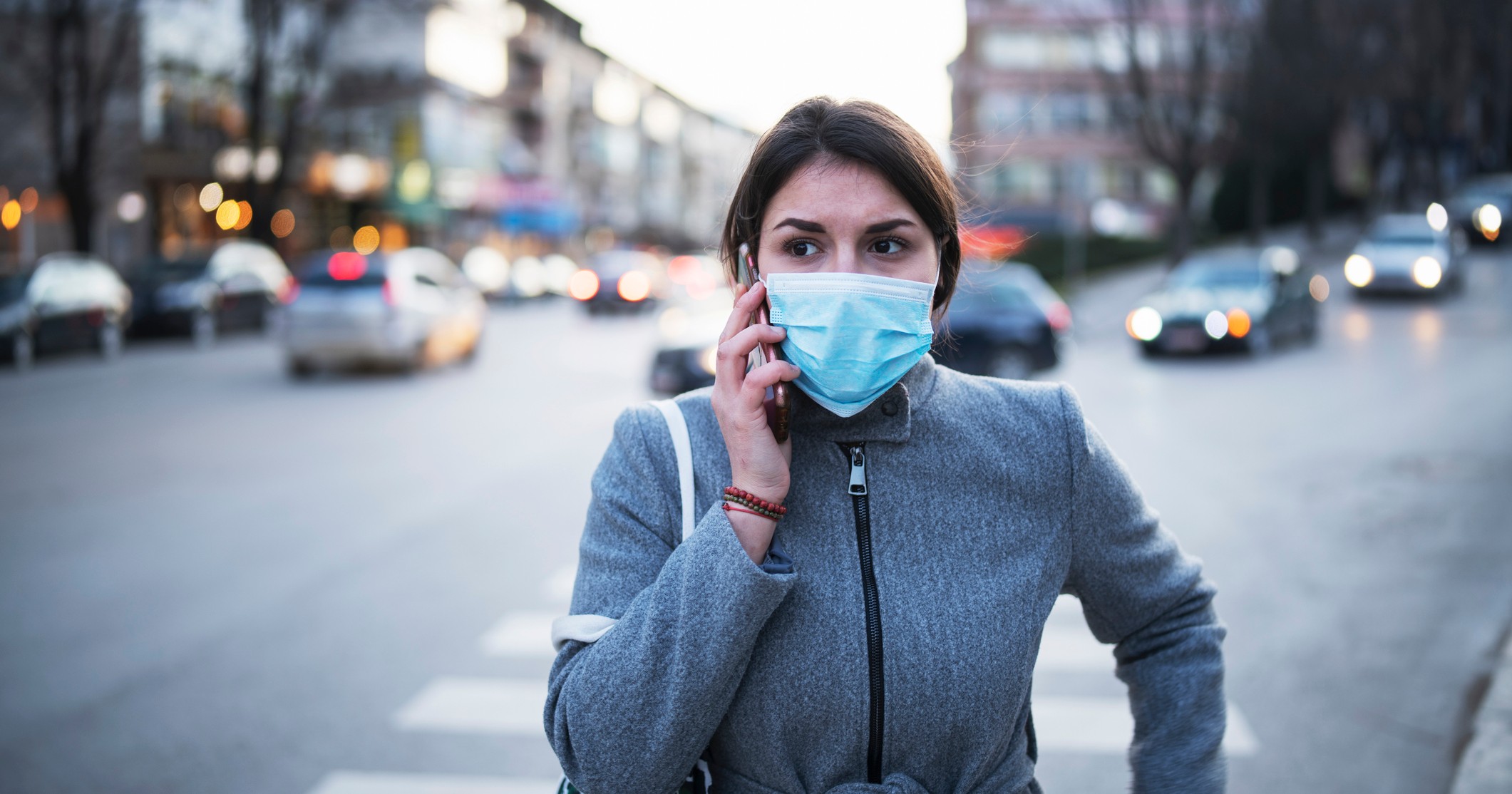Exemption from customs duties and VAT on imports: an effect of Covid-19
 ‹ Back to the articles
‹ Back to the articles
When importing goods from non-EU countries, customs should be cleared and customs duties and VAT should be paid. As a result of the Covid-19 pandemic, the European Commission decided on April 3 to exempt certain goods from customs and VAT for a limited time.
Covid-19 has consequences in many parts of society and in this article we inform on how the pandemic can affect your customs and VAT handling.
Which companies and organizations can have the right to exempt goods from customs and VAT?
The exemption from customs and VAT applies to imports made by or on behalf of
- governmental organizations (including government bodies)
- organizations providing help during disasters
- other organizations approved by the Customs Administration.
Companies that import goods on behalf of an organization mentioned above may also be entitled to the exemption from customs duties and VAT provided that the goods are delivered to these organizations immediately after importation. In such cases, the organization that receives the goods must send a confirmation of the delivery to the Customs Administration at the time of the delivery.
What goods are covered by the exemption?
In order for the goods to be covered by the exemption from customs and VAT, the intention of the use of the goods must be to fight the consequences and effects of Covid-19. Due to Covid-19 being complex to prevent, treat and fight, there are many different goods that can be covered by the exemption from customs duties and VAT. Examples of such goods are
- personal protective equipment, such as face shields, gloves and overalls
- medical equipment, such as test equipment, medical devices and devices for monitoring
- other equipment, such as medicines, thermometers and hand soap
If an organization has received approval to exempt certain goods from customs and VAT, but for some reason will not use the goods for this purpose, this must be reported to the Customs Administration.
How does a company apply for customs duty exemption on goods covered by these regulations?
The possibility of applying for the exemption from customs at the Customs Administration applies retroactively to imports from January 30, 2020 to July 31, 2020. This period may be extended.
It is the person in charge of the organization who is eligible to submit the application to the Customs Administration. This application should consist of different documentation, for instance a written description of the organization’s operations, annual report etcetera. The organization's accounting procedures as well as an assurance that the organization is aware of the requirements of applying the exemption from customs must also be submitted in order to obtain an approval of applying the exemption.
Companies and organizations apply for customs duty exemption in the import declaration. The declaration must be accompanied by a written guarantee of the intended use of the goods as well as a description of the circumstances regarding the import and the goods in question.
How does a company apply for exemption from VAT on the importation of goods covered by these regulations?
If the import is covered by the exemption from customs duties as described above, it can also be exempted from VAT. For a taxable organization or a company that has applied for exemption of VAT, the application is handled by the Tax Agency. One prerequisite for applying the VAT exemption on import is that the Customs Administration has granted the organization or company exemption for customs duties. The above also applies to companies registered for VAT purposes and even if the goods would be exempted from customs duties according to the EU customs tariff.
Comments
It is suitable that the European Commission has decided on this tax relief for organizations and companies importing goods in these difficult times. For organizations and companies that import goods intended to protect against and fight Covid-19, the exemption from customs duties and VAT for necessary goods can be a financial relief. Hopefully, this tax relief can also be a way to more effectively fight Covid-19.
Contact our hotline
At PwC we want to help companies through these times of insecurities. We have set up a free hotline where you can call and get answers to your questions related to the government's support measures and other business issues related to Covid-19 .

Paulina Pleijel och Johan Perulf
Paulina: 072-880 93 97, paulina.pleijel@pwc.com
Johan: 070 929 10 45, johan.perulf@pwc.com
Paulina: +46 72-880 93 97, paulina.pleijel@pwc.com
Johan: +46 70 929 10 45, johan.perulf@pwc.com

Leave a comment